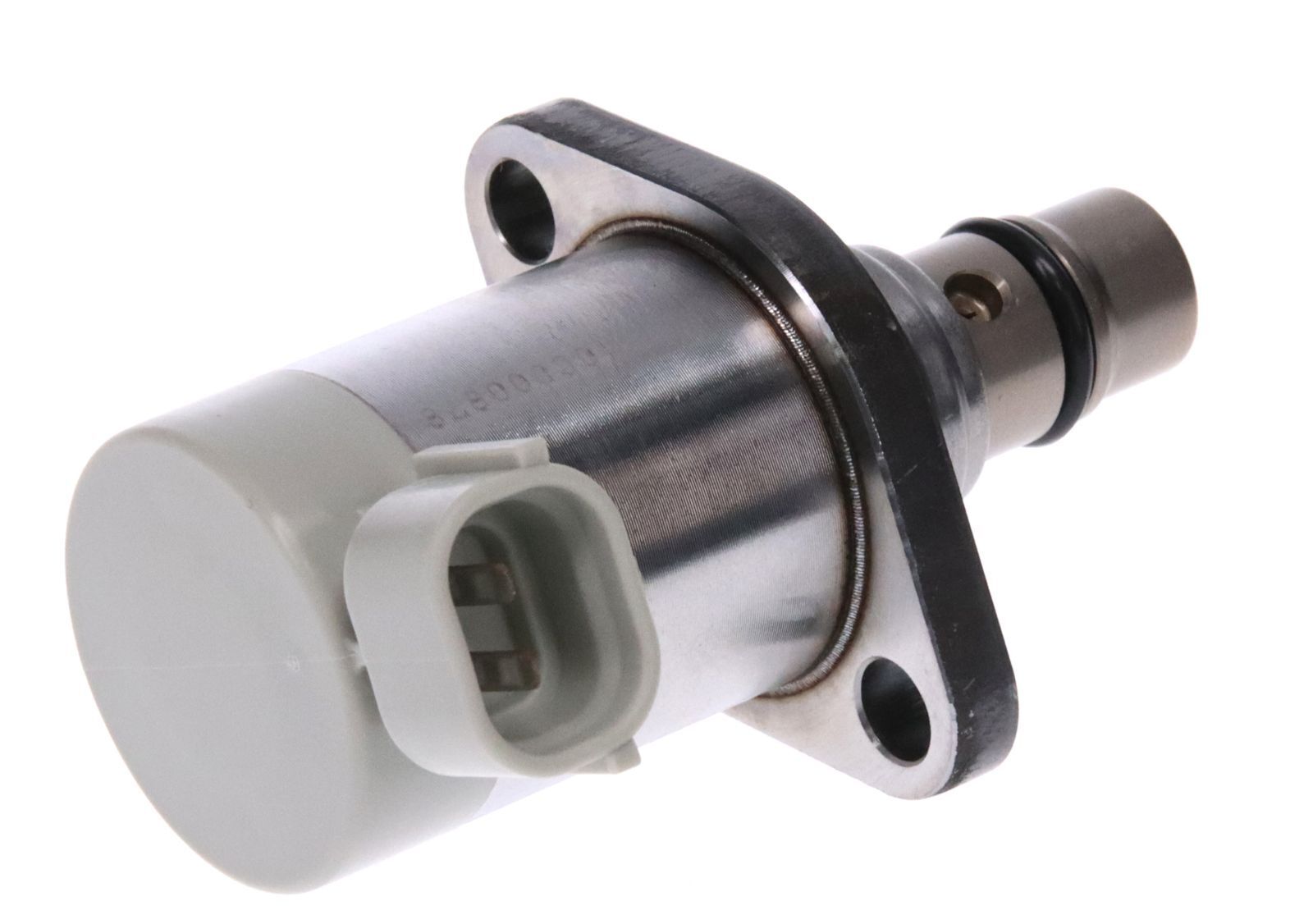Suction Control Valve: Advice for Peak Functionality

Caring for your vehicle's valve is essential for essential for guaranteeing optimal performance and efficiency. This critical component plays a key function in regulating the amount of fuel that enters the motor, which directly influences the power produced and fuel economy. If ignored, the suction control valve can get clogged or malfunction, resulting in a variety of engine problems. Knowing how to properly maintain this valve can help you save money and time in the long run.
In this article, we'll explore practical tips to help you care for your suction control valve. From regular check-ups to proper cleaning methods, these methods are designed to keep your vehicle operating efficiently and well. Whether you're a professional mechanic or a DIY enthusiast, the maintenance tips outlined here will help ensure your suction control valve functions at its optimum, improving both engine performance and durability.
Grasping Suction Control Valves in Diesel Engines
Suction control valves play a critical role in the efficiency of diesel-powered vehicles, helping to control the quantity of fuel delivered to the engine. They are tasked for managing the fuel supply by directing the suction force generated within the fuel system. When operating properly, they ensure that the engine receives the right quantity of fuel in different operating conditions, resulting to improved efficiency and lower emissions.
One of the primary functions of the suction control valve is to sustain the ideal fuel pressure. This is essential for realizing optimal combustion and engine performance. Inadequate fuel pressure can lead to complications such as reduced engine power, greater smoke emissions, and overall poor vehicle performance. Comprehending how your suction control valve operates and its impact on the engine can help you identify signs of prospective problems early on.
Consistent maintenance of the suction control valve is essential for ensuring its longevity and effective operation. Factors such as grime, debris, and wear can impact its functionality, leading to a series of operational problems. By maintaining the fuel system clear and resolving any troubles promptly, vehicle owners can help guarantee that their suction control valve continues to operate effectively, ultimately benefiting the engine's overall health and performance.
Maintaining Optimal Functionality
To ensure the longevity and functionality of your automobile’s suction control valve, regular inspections are important. Check for any indications of degradation or damage, such as fractures and leaks, as these can lead to performance issues. It is vital to keep the surroundings around the valve tidy and free from debris, which can impact its operation. A fast visual check can frequently prevent more serious problems down the line.
Another crucial aspect of care is to monitor the vehicle’s functioning regularly. Pay heed to any changes in motor performance, such as unusual noises or variances in power. If you identify any issues, it may be time to conduct a more thorough diagnostic inspection on the suction control valve. Timely detection of minor issues can keep them from escalating into significant failures that could damage the entire engine function.
Finally, consider replacing the suction control valve as a proactive measure at regular intervals, particularly if your car has high miles. A proactive approach can protect you from surprise breakdowns and expensive repairs. Consult your car's owner's manual for recommended service intervals and stay aware about the specific needs of your vehicle model to preserve its peak functionality.
Typical Issues and Troubleshooting
One common issue with the suction control valve is a failure that can lead to decreased engine performance. Symptoms may include rough idling, diminished fuel efficiency, and difficulty starting the engine. If you detect these indicators, it is wise to check the suction control valve for leaks or blockages. A thorough inspection can help determine whether the valve is operating correctly or if it needs to be serviced or changed.
A different frequent problem is issues with the electrical system within the suction control valve. This can happen due to poor connections, damaged wiring, or corrosion. If your vehicle shows warning lights related to the fuel system or does not respond as expected during acceleration, check the electrical connections to the valve. Verifying that all connections are secure and free of corrosion can usually resolve the issue.

Finally, buildup of contaminants within the suction control valve can lead to significant wear over time. Routine maintenance, including cleaning the valve, is essential. If you notice consistent issues, it may be beneficial to use a fuel system cleaner to help remove deposits. Maintaining cleanliness in this component can prolong its service life and ensure optimal functionality, reducing the chance of future problems.
